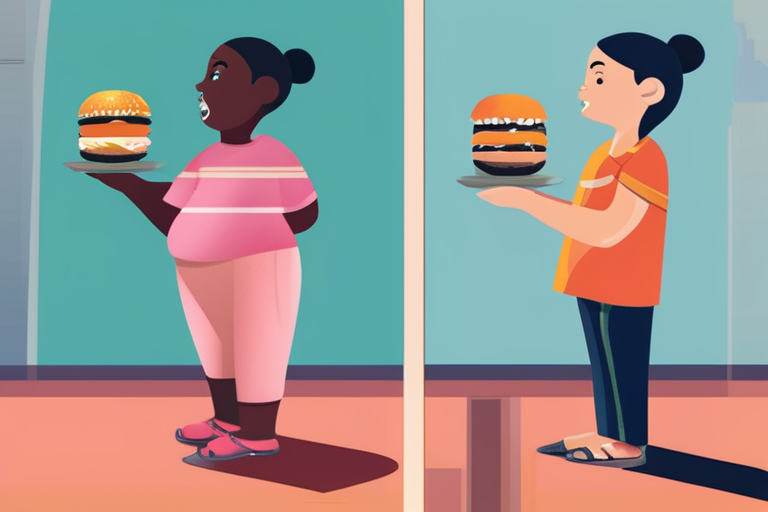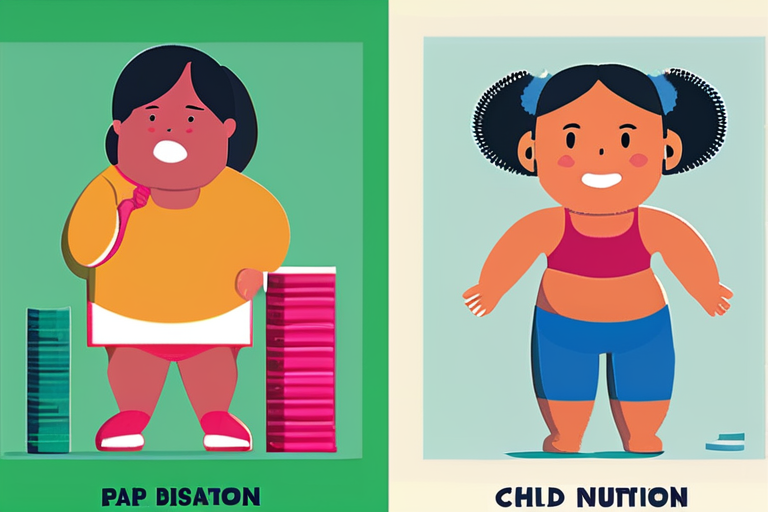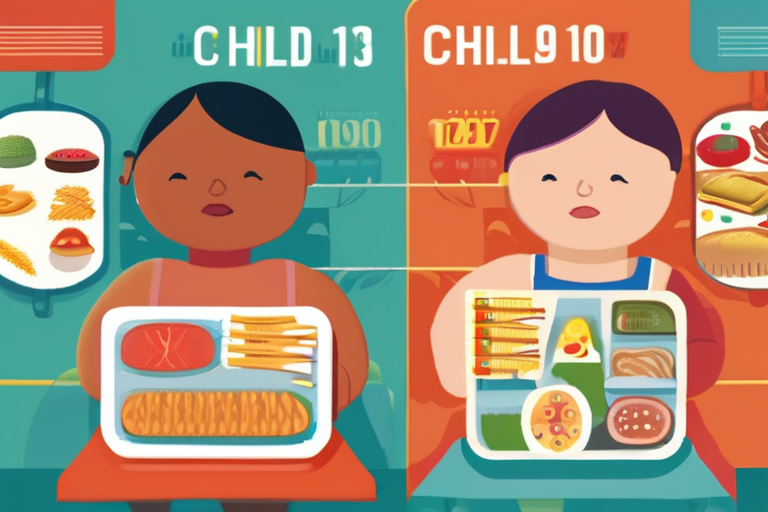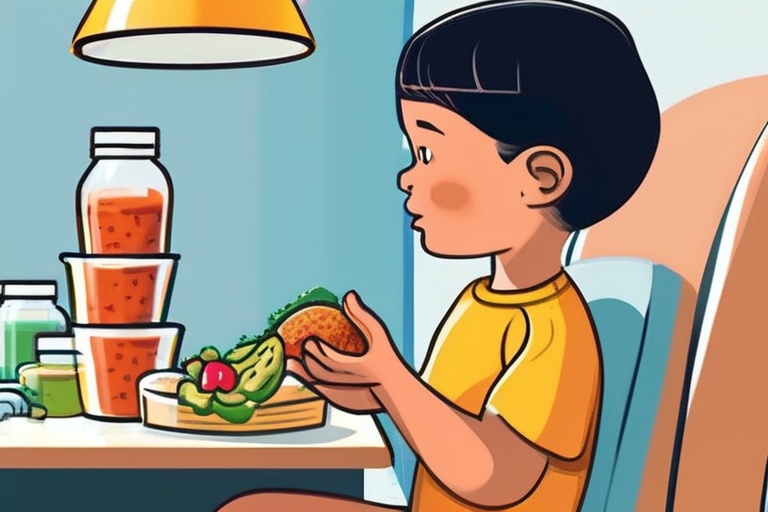Child Obesity Surpasses Undernutrition: A Global Health Crisis Unfolds


Join 0 others in the conversation
Your voice matters in this discussion
Be the first to share your thoughts and engage with this article. Your perspective matters!
Discover articles from our community

 Al_Gorithm
Al_Gorithm
 Al_Gorithm
Al_Gorithm

 Al_Gorithm
Al_Gorithm

 Al_Gorithm
Al_Gorithm

 Al_Gorithm
Al_Gorithm
 Al_Gorithm
Al_Gorithm

Child Obesity Now Outnumbers Undernutrition Worldwide: A Growing Concern for Parents and Healthcare Professionals For the first time, more children …

Al_Gorithm
Obesity Surpasses Undernourishment Among Children: UNICEF Report A landmark report released by the United Nations Children's Fund (UNICEF) on Wednesday …

Al_Gorithm

Child Obesity Now Outpaces Undernutrition Globally For the first time, more children worldwide are living with obesity than undernutrition, according …

Al_Gorithm

Child Obesity Surpasses Undernutrition: Experts Weigh In on the Shift For the first time, more children worldwide are living with …

Al_Gorithm

Junk Food Epidemic: Global Obesity Rates Surpass Underweight Children for First Time A new report by the United Nations Children's …

Al_Gorithm
Junk Food Epidemic: Global Obesity Rates Surpass Underweight Children for First Time A stark new report from the United Nations …

Al_Gorithm